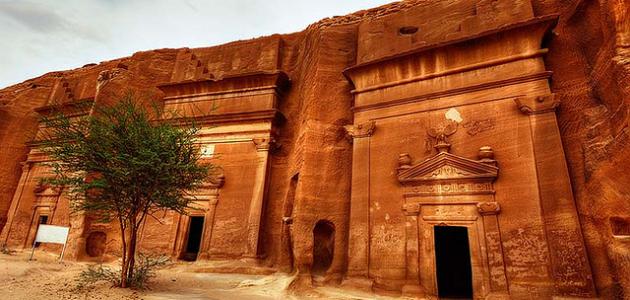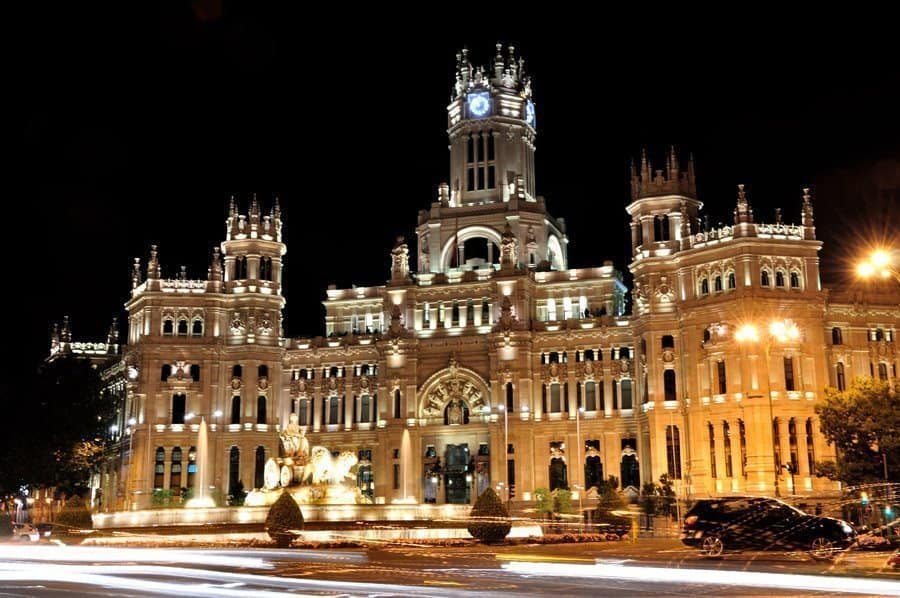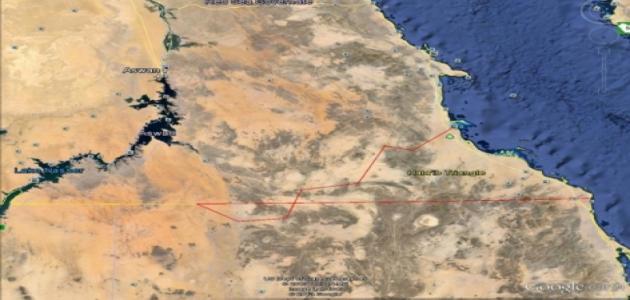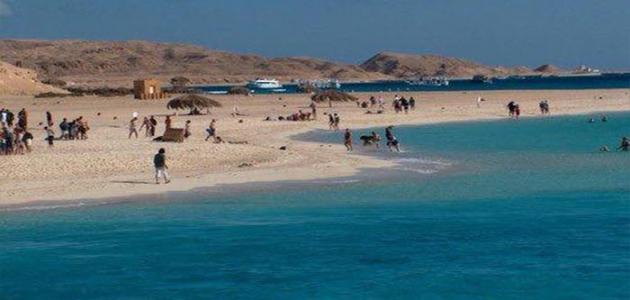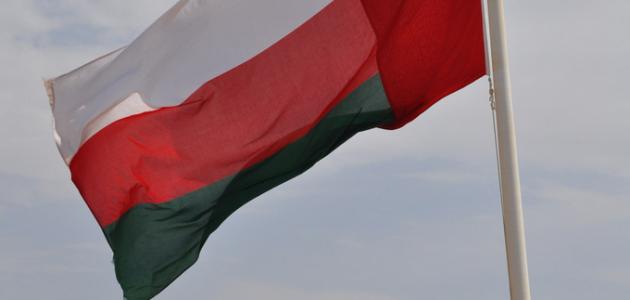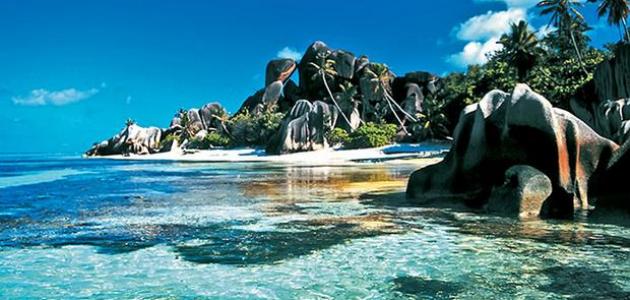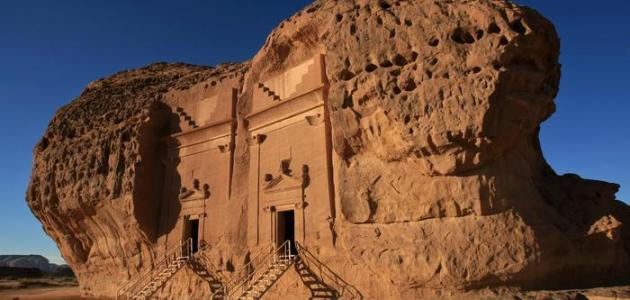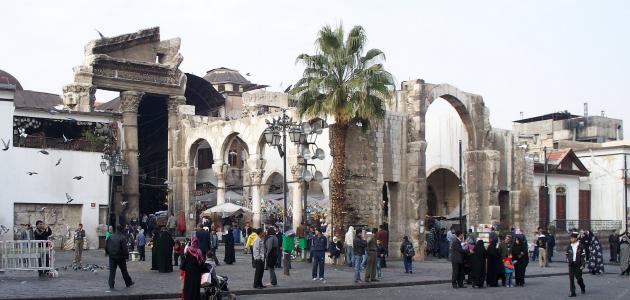Table of Contents
Malabo
The capital of Equatorial Guinea, located north of the volcanic island of Bioko Norte in the Gulf of Guinea, on the Atlantic Ocean, southwestern Nigeria and Cameroon, is the main port and commercial center of Bioko.
Its history
- Portuguese explorer Fernão do Pó was the first European to discover the island of Bioko in 1472, and thus was formally colonized by Portugal in 1474.
- In 1778, the island and the adjacent small islands were ceded to Spain in exchange for some land on the American continent.
- In 1827, Britain made Malabo a marine station to help combat slavery along the coast through an important port called the Clarence Port, and there are many freed slaves who settled in the town to this day, speaking Afro Portuguese.
- It was inhabited by many Europeans, but after riots in the late 1960’s to 1970’s its total population decreased and many Nigerian workers returned to their country.
- When the Spanish regained control of the island, it was renamed Santa Isabel and finally after its independence in 1973 it was named Malabo as part of the campaign of President Francisco Macias.
Its climate
The average temperature in Malabo is about 25 ° C, at an average of 1,900 mm. It rains in a tropical climate with high temperatures. The rainy season is in March to October, the warmest climate is February, the most beautiful is September, while July is the most The abundance of rain, and December is the most drier.
Language and religion
Malabo is unique among African cities, as Equatorial Guinea (EG) is the only Spanish-speaking country in Africa, even though most of the regional countries in Africa are French-speaking. Catholic and Protestant Christianity is the most widespread in Malabo.
Its economy
The soil of this region is very fertile, and the main industry in Malabo is preparing and processing fish to be suitable for consumption. The most prominent exports of Malabo are cocoa, coffee and wood. The energy and oil sector is the largest in Malabo and other major sectors include construction, telecommunications and education.
Its infrastructure
Although it is an oil-rich city, it has a somewhat poor infrastructure, as its paved streets are few and far between, and some street names in it reflect some of the travelers’ national vehicles against colonialism or Africans, with some usual names like Independence Street or Patrice Lumumba Road It is a major road.
Education
Malabo has one university known as the National University of Equatorial Guinea (UNGE) with its headquarters located in Malabo.
Transport methods
Malabo Airport or St. Isabel Airport, the airport was a tin-roofed hut where he had one international flight, and despite progress in Equatorial Guinea it is only one of two paved airports in Equatorial Guinea.

